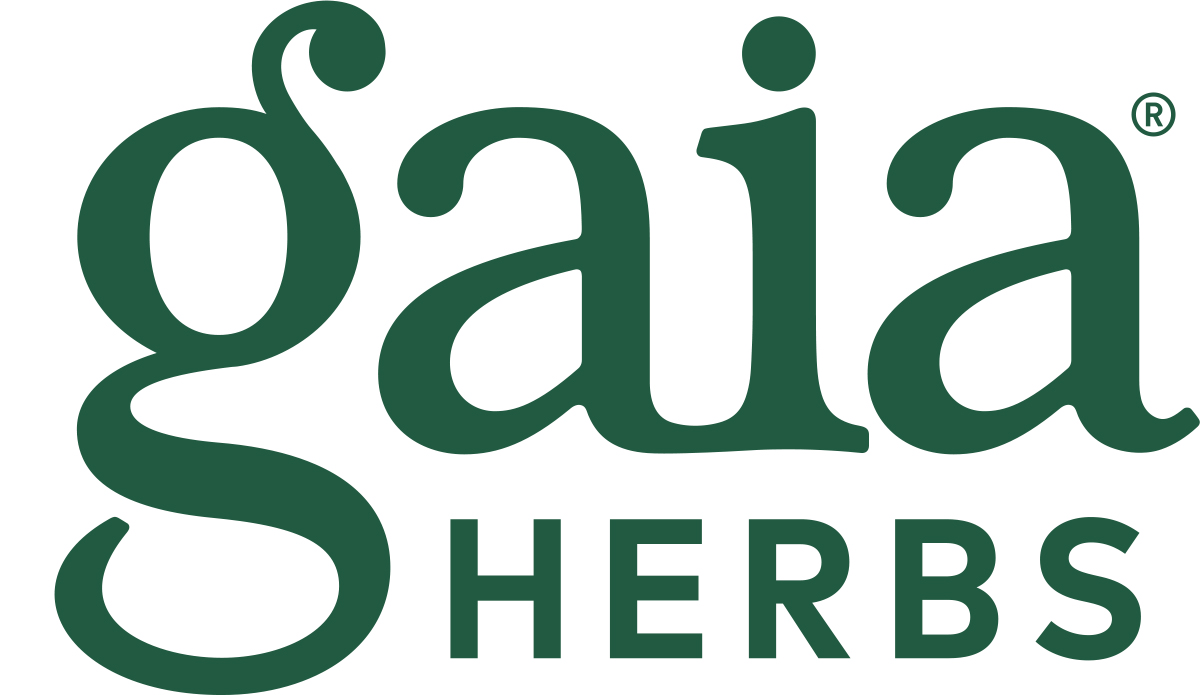

Gaia Herbs

North Carolina, United States
October 2018
Pharmaceutical products
Manufacturing
United States
Gaia Herbs is the leading herbal brand in North America, with more than 200 patented Liquid Phyto-Caps™, liquid extracts, functional powders and herbal teas to help support and maintain optimal health. From seed to shelf, Gaia is deeply committed to the purity, integrity and potency of each product. They use only organic methods to cultivate more than 6.5 million plants each year on their farms in the US and Costa Rica, and that same organic approach continues through manufacturing, using patented technology to achieve the highest efficacy of each herb, validated by Gaia’s scientists throughout the process. Gaia’s steadfast dedication to quality and integrity is unparalleled and meticulously proven by science, including their pioneering DNA validation models for each herb. As a company devoted to transparency, Gaia’s MeetYourHerbs® platform is the world’s first and only herb traceability program, which allows consumers to learn about and engage with their organic herbs. Gaia Cares furthers their mission to nurture healthy connections between plants and people by encouraging strong relationships and championing environmental sustainability within the communities that they work with around the world.
Overall B Impact Score
Governance 16.1
Governance evaluates a company's overall mission, engagement around its social/environmental impact, ethics, and transparency. This section also evaluates the ability of a company to protect their mission and formally consider stakeholders in decision making through their corporate structure (e.g. benefit corporation) or corporate governing documents.
What is this? A company with an Impact Business Model is intentionally designed to create a specific positive outcome for one of its stakeholders - such as workers, community, environment, or customers.
Workers 25.6
Workers evaluates a company’s contributions to its employees’ financial security, health & safety, wellness, career development, and engagement & satisfaction. In addition, this section recognizes business models designed to benefit workers, such as companies that are at least 40% owned by non-executive employees and those that have workforce development programs to support individuals with barriers to employment.
Community 14.6
Community evaluates a company’s engagement with and impact on the communities in which it operates, hires from, and sources from. Topics include diversity, equity & inclusion, economic impact, civic engagement, charitable giving, and supply chain management. In addition, this section recognizes business models that are designed to address specific community-oriented problems, such as poverty alleviation through fair trade sourcing or distribution via microenterprises, producer cooperative models, locally focused economic development, and formal charitable giving commitments.
What is this? A company with an Impact Business Model is intentionally designed to create a specific positive outcome for one of its stakeholders - such as workers, community, environment, or customers.
Environment 22.3
Environment evaluates a company’s overall environmental management practices as well as its impact on the air, climate, water, land, and biodiversity. This includes the direct impact of a company’s operations and, when applicable its supply chain and distribution channels. This section also recognizes companies with environmentally innovative production processes and those that sell products or services that have a positive environmental impact. Some examples might include products and services that create renewable energy, reduce consumption or waste, conserve land or wildlife, provide less toxic alternatives to the market, or educate people about environmental problems.
What is this? A company with an Impact Business Model is intentionally designed to create a specific positive outcome for one of its stakeholders - such as workers, community, environment, or customers.
Customers 2.7
Customers evaluates a company’s stewardship of its customers through the quality of its products and services, ethical marketing, data privacy and security, and feedback channels. In addition, this section recognizes products or services that are designed to address a particular social problem for or through its customers, such as health or educational products, arts & media products, serving underserved customers/clients, and services that improve the social impact of other businesses or organizations.